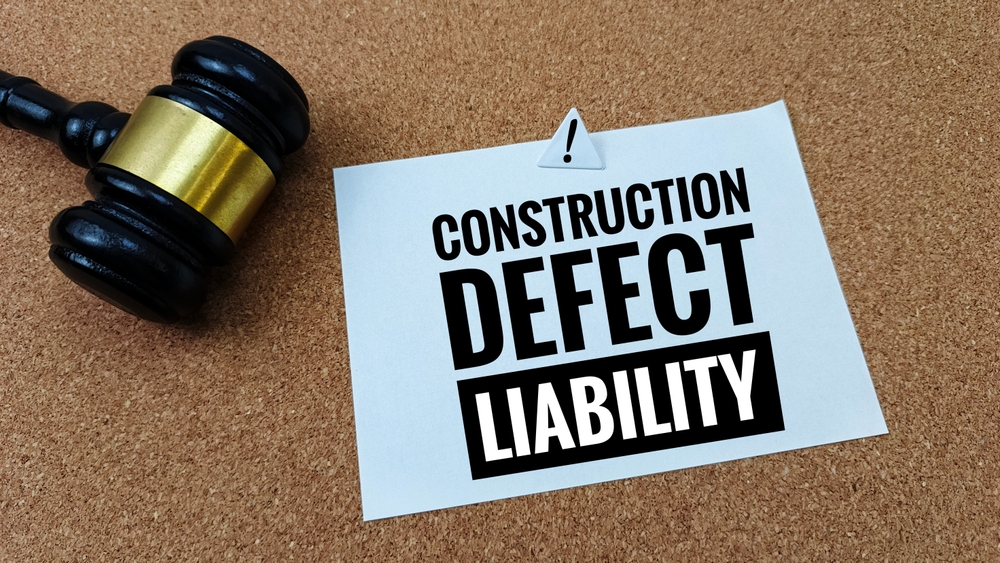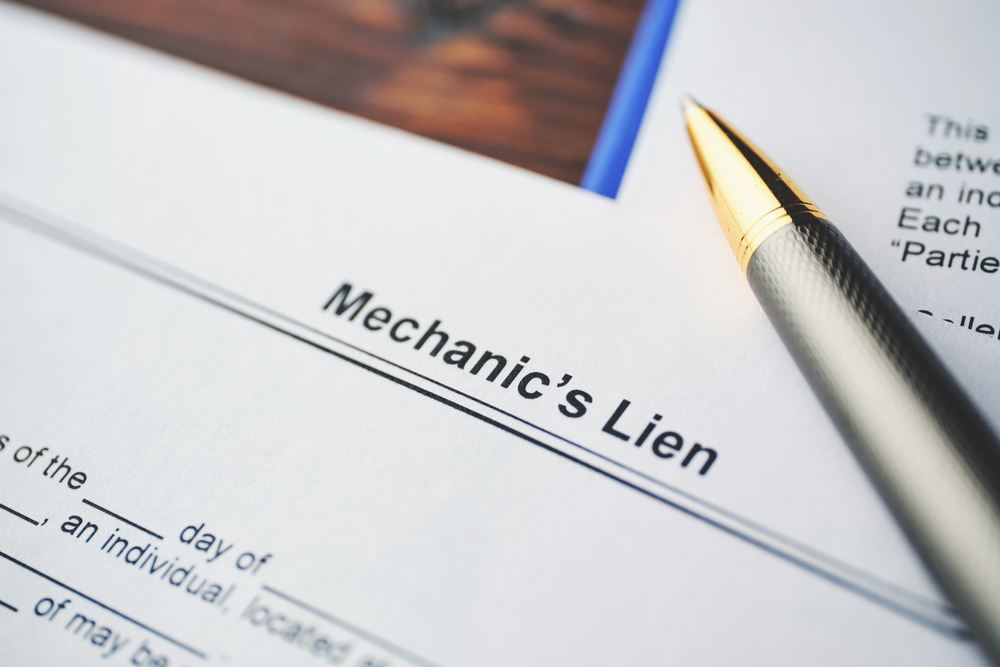

Texas law provides different methods to collect on a court judgment regardless of whether the judgment originates from the state of Texas or another state. If you happen to have won a judgment outside of Texas, there are certain steps you have to take before you can enforce that judgment here. The full faith and credit clause of our constitution allows for states to honor the judgment of sister states so long as specific rules have been followed. The scope of this article does not address the steps needed to be taken for judgments from other countries. Let’s take a look at domestication and collection of a foreign judgment in Texas.
A judgment won outside of Texas is referred to as a foreign judgment. If you have a foreign judgment, you must first domesticate it in order to enforce it. To begin the process of domestication and collection of a foreign judgment in Texas, file an affidavit of filing a foreign judgment, attach a certified copy of the judgment from the foreign court to said affidavit, and a notice of filing a foreign judgment with the county clerk.
Be sure to send a copy of the notice to the judgment debtor. This provides the debtor and public notice of the foreign judgment. Once the application has been file-stamped and notice sent, the judgment should be considered domesticated and rendered a Texas judgment. The judgment creditor can begin employing any and all methods of collection available for a Texas judgment, including but not limited to, abstracting the judgment in particular counties.
It is important to note that the judgment from the sister state must still be valid at the time the domestication occurs. You cannot domesticate an invalid judgment. There are also timelines that prevent a judgment holder from domesticating a judgment against a Texas resident if the debtor has resided in Texas for more than ten years from the date the judgment was originally rendered.
Be aware that a judgment becomes uncollectable ten years following rendition. However, abstracting the judgment within the first ten years after the judgment is rendered will keep it alive for another ten years after abstracting. It starts the ten-year clock over. So if a judgment is rendered on November 10, 2002, then the judgment creditor should abstract the judgment by November 9, 2012. Assuming the abstract is renewed via refiling on November 9, 2012, then the judgment can still be collected until November 9, 2022. This process continues, theoretically, forever.
Remember to renew the judgment by refiling the abstract within ten years after the initial filing of the abstract to avoid losing the power to collect on the judgment. The next three steps follow:
Collecting what is yours is crucial to the livelihood of your business. We have a team ready to take your call to protect what is yours, collect what is yours, and educate yourself on the front-end!
These four methods provide effective ways for judgment creditors to collect on their money judgments. As with many areas of the law, an attorney can be an excellent and sometimes necessary asset in navigating these processes. If you need help collecting a judgment, contact us today and our attorneys will be happy to help.
Knowing how to protect yourself best is essential, especially when growing your business, and having a team to support you when you’re facing the potential of getting sued is a huge advantage. The Cromeens Law Firm team is here to help keep you out of the courtroom on the front end or help you win the fight inside of it. Contact us today and set yourself up for success with the support of a legal team today.
This article is intended as a general educational overview of the subject matter and is not intended to be a comprehensive survey of recent jurisprudence, nor a substitute for legal advice for a specific legal matter. If you have a legal issue, please consult an attorney.
Karalynn Cromeens is the Owner and Managing Partner of The Cromeens Law Firm, PLLC, with over 17 years of experience in construction, real estate, and business law. A published author and passionate advocate for contractors, she has dedicated her career to protecting the businesses her clients have built. Karalynn is on a mission to educate subcontractors on their legal rights, which inspired her books Quit Getting Screwed and Quit Getting Stiffed, as well as her podcast and The Subcontractor Institute.

